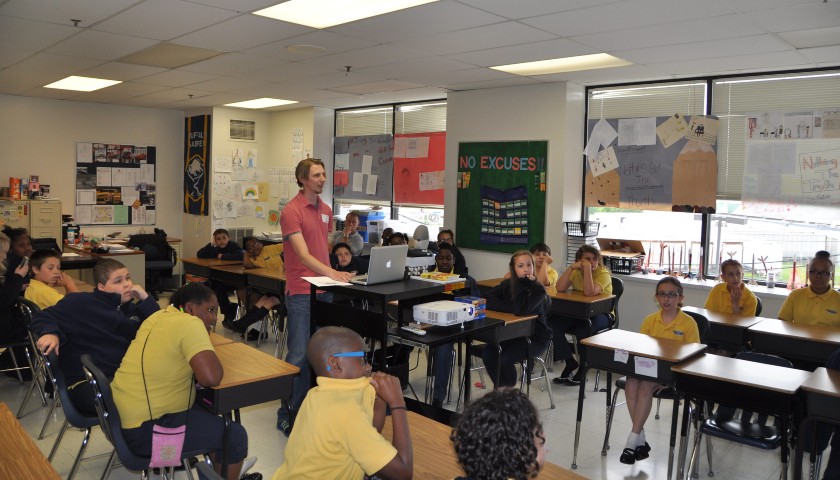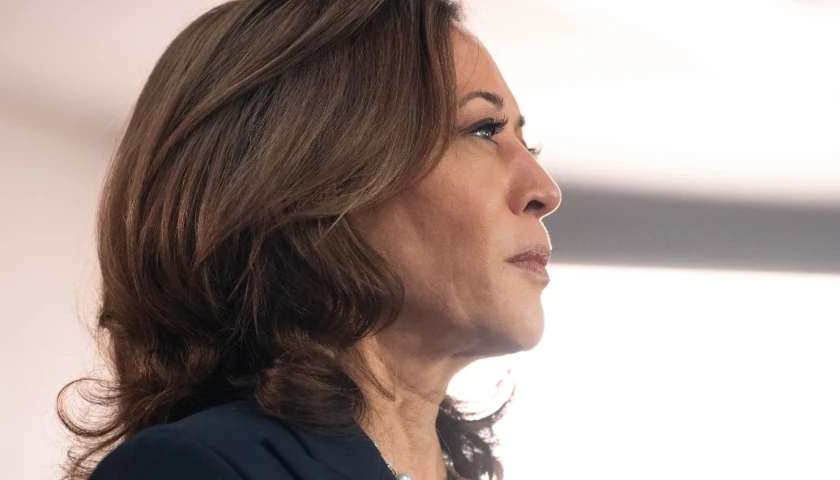by Bruce Walker
A report recommending expanded government oversight of Michigan’s charter schools has prompted a rebuttal from the Mackinac Center for Public Policy (MCPP).
“Improving Oversight of Michigan Charter Schools and Their Authorizers” was issued on Feb. 25 by the Levin Center at Wayne State University Law School, which had commissioned the study from the Citizens Research Council of Michigan (CRC), a Michigan-based think tank.
The MCPP authors take issue with much of the methodology and conclusions presented by the CRC. The free-market MCPP historically has been an advocate of public charter schools.
MCPP Director of Research Michael Van Beek and Director of Education Policy Ben DeGrow authored the policy brief, titled “Evidence Required: A Critical Review of ‘Improving Oversight of Michigan Charter Schools and Their Authorizers,’” released Thursday.
“Over more than 50 pages, the [CRC] report provides many valuable insights into how charter schools operate, but it fails to justify the core assumptions upon which its arguments are based,” the MCPP writers said.
The CRC did not respond to requests for comment.
“It’s remarkable that after more than 25 years of charter schools in Michigan, prominent groups can still get so much about them wrong,” DeGrow said in a statement.
“Myths and misinformation about charters should be rejected, not repeated. K-12 education in our state can’t be improved with deceptive arguments that attempt to justify restricting choices for parents, most of which prove a lifeline to families in need of better educational opportunities,” DeGrow said.
Citing a claim made by the CRC in its report that “Accountability and oversight of authorizers across the states, and especially in Michigan, has been lax,” DeGrow and Van Beek respond: “The only evidence provided for this statement is that state officials only rarely exercise their power over authorizers and exert control over them. But no evidence is provided to support this assertion, either.”
The MCPP writers add the CRC researchers might have overlooked the lack of major problems with charter-school authorizers.
“The report does not consider this possibility,” they said.
The basis for the CRC recommendations to increase government regulation and oversight, according to Van Beek and DeGrow, is the CRC comparison of Michigan laws applying to charter schools to similar, more stringent, laws in other states.
Noting the CRC also warned of the harmful impacts of government over-regulation of public charter schools, the MCPP writes, “should call into question the report’s assumption that more regulation of charter schools and their authorizers will lead to better educational outcomes.”
Van Beek and DeGrow also refute a CRC assertion that departmental budget cuts since the Great Recession resulted in lack of public charter-school oversight. Referring to statistics provided from the State Fiscal Agency, the Michigan Department of Education increased its staff by 11% between the Great Recession and 2020.
The MCPP authors also state the “MDE received three times more funding from state revenues in fiscal 2020 than it did in fiscal 2010. These increases are not simply backfilling cuts in revenue from other sources. MDE’s overall appropriations in 2020, including federal, local and private funds, was also three times larger than it was in 2010.”
Noting other inconsistencies in the CRC report, DeGrow and Van Beek concede some policy changes might assist public entities such as charter schools, but conclude the CRC doesn’t address the need for the reform it suggests.
“The Mackinac Center’s response is thorough, accurate and extremely well-researched, and it’s gratifying to see them set the record straight,” Buddy Moorehouse, Michigan Association of Public School Academies vice president of public relations and media, told The Center Square.
“Their response reinforces the point that charter schools are public schools in every way, that they must follow all the same rules and regulations, and that they’re the most accountable and transparent of all public schools,” Moorehouse said.
“Anytime you see an organization intentionally distorting what charter schools are, it’s almost always because they have a political axe to grind,” he continued. “Kudos to the Mackinac Center for calling them out for the mistruths and inaccuracies. We all should be working to do what’s best for students, instead of defending the status quo to benefit adults.”
– – –
Bruce Walker is an editor for The Center Square.
Photo “Charter School Class” by U.S. Army Corps of Engineers.





